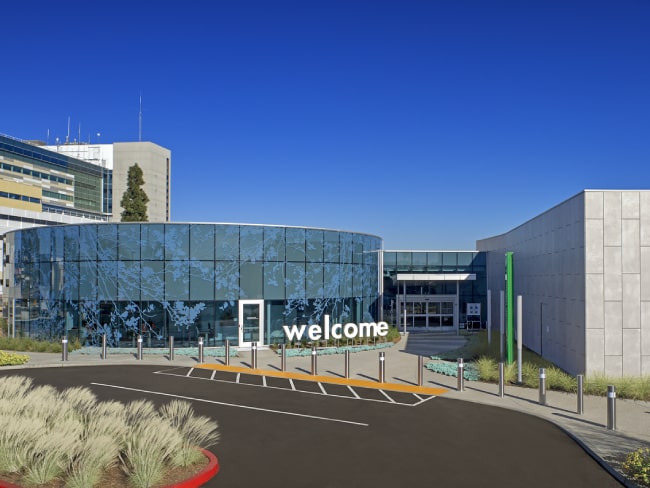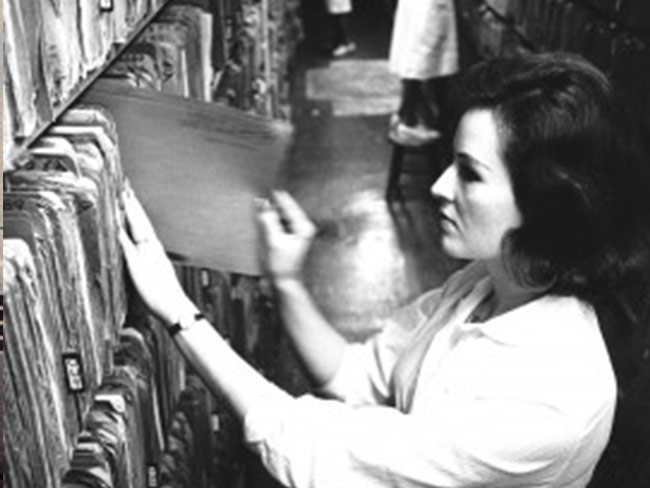Cancer rates are rising in younger age groups
‘Connect’ with research to help understand more about the increase of certain cancers in younger people.
We aim to change the future of cancer prevention for generations to come.
Recently, researchers have noticed that some cancers, such as breast cancer and colon cancer, are developing much earlier in life. More studies are needed to understand what is driving higher cancer rates among younger age groups.
Connect for Cancer Prevention Study
The Connect for Cancer Prevention Study, known as Connect, is a research study that aims to better understand the causes of cancer and find new ways to prevent it.
Connect is led by the largest funder of cancer research in the world, the National Cancer Institute. Kaiser Permanente in Colorado is one of several health care organizations across the U.S. partnering with NCI for this study, and over 6,600 Kaiser Permanente members and employees in Colorado have already joined.
Are you eligible to participate?
Connect recently expanded the age range eligible to participate in the study. If you are between the ages of 30 and 70 with no history of cancer, you are eligible to join! You remain eligible if you have a history of nonmelanoma skin cancer or a condition that raises cancer risk, such as ductal carcinoma in situ, or DCIS.
Collecting data from participants across this wider age range will help researchers better understand the behavior and health patterns that may affect cancer development and disease outcomes across the course of a person’s life.
We need people from all backgrounds to join Connect so that health discoveries can benefit everyone. People who join will be asked to answer online health surveys a few times each year. Participants donate blood, urine, and saliva at enrollment and every 2 to 3 years thereafter. They also allow researchers to access and appropriately use information from their health records for research.
You can help make a difference. Through Connect, we aim to change the future of cancer prevention for generations to come.
Learn more about the Connect for Cancer Prevention Study.










